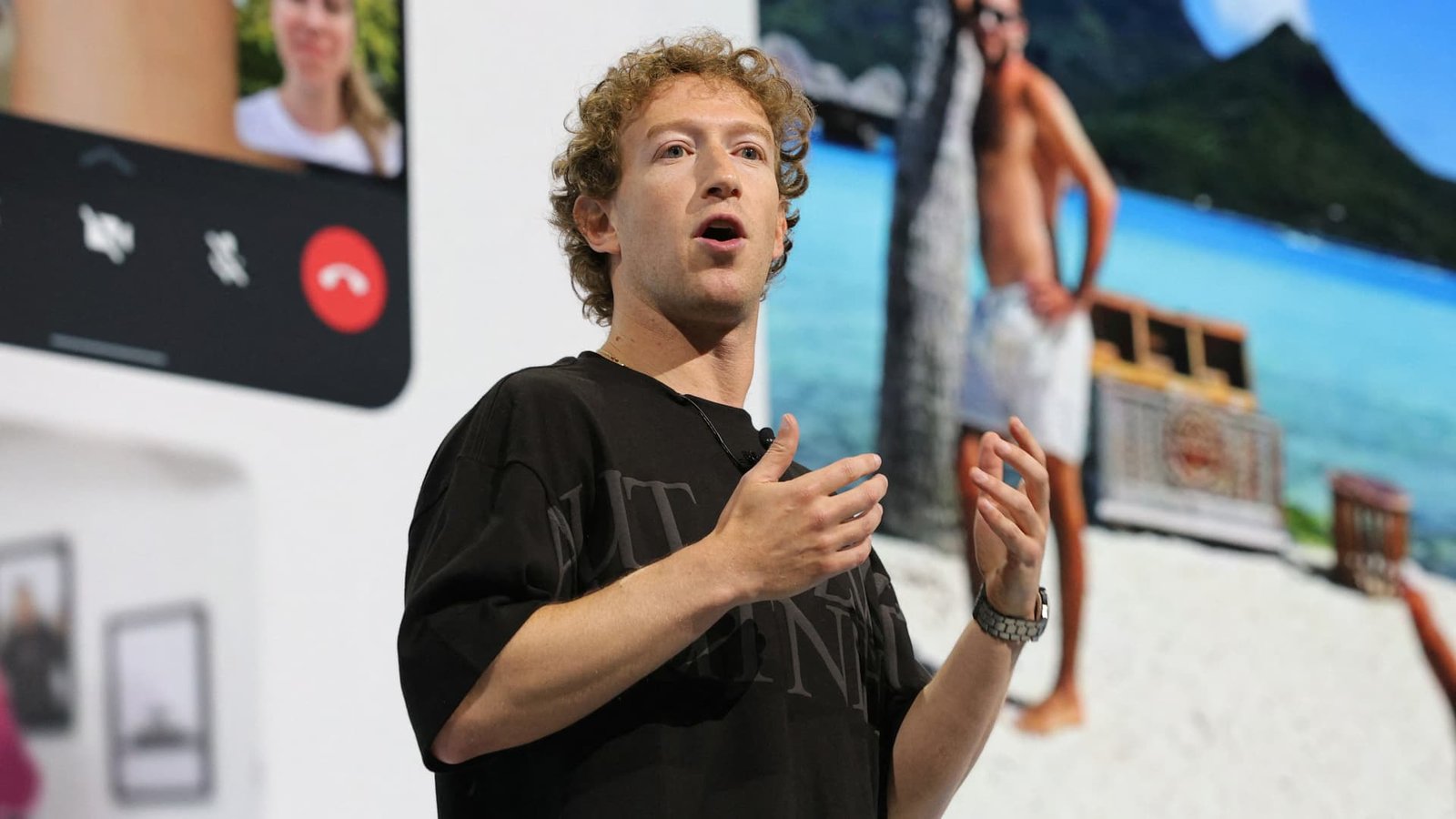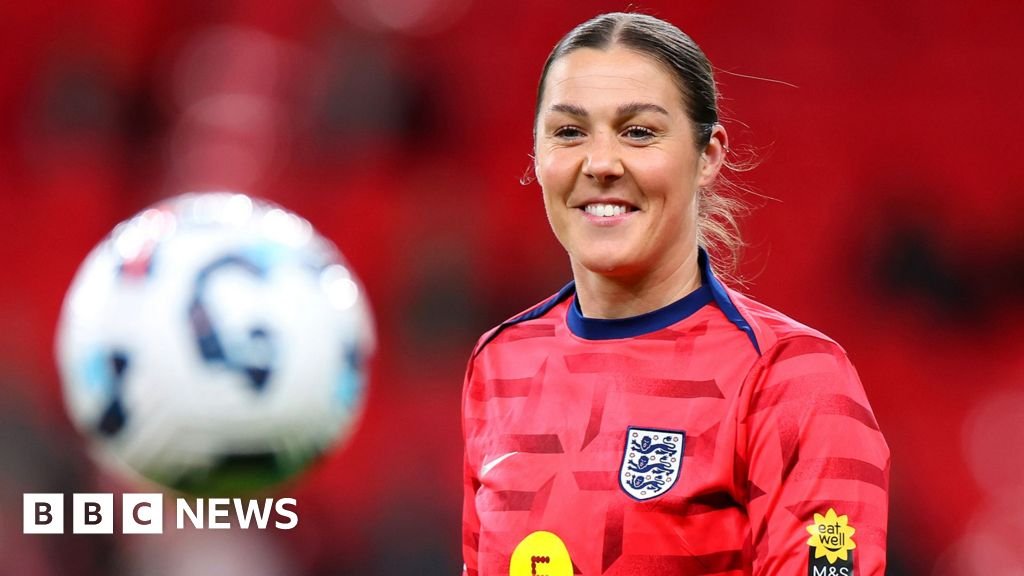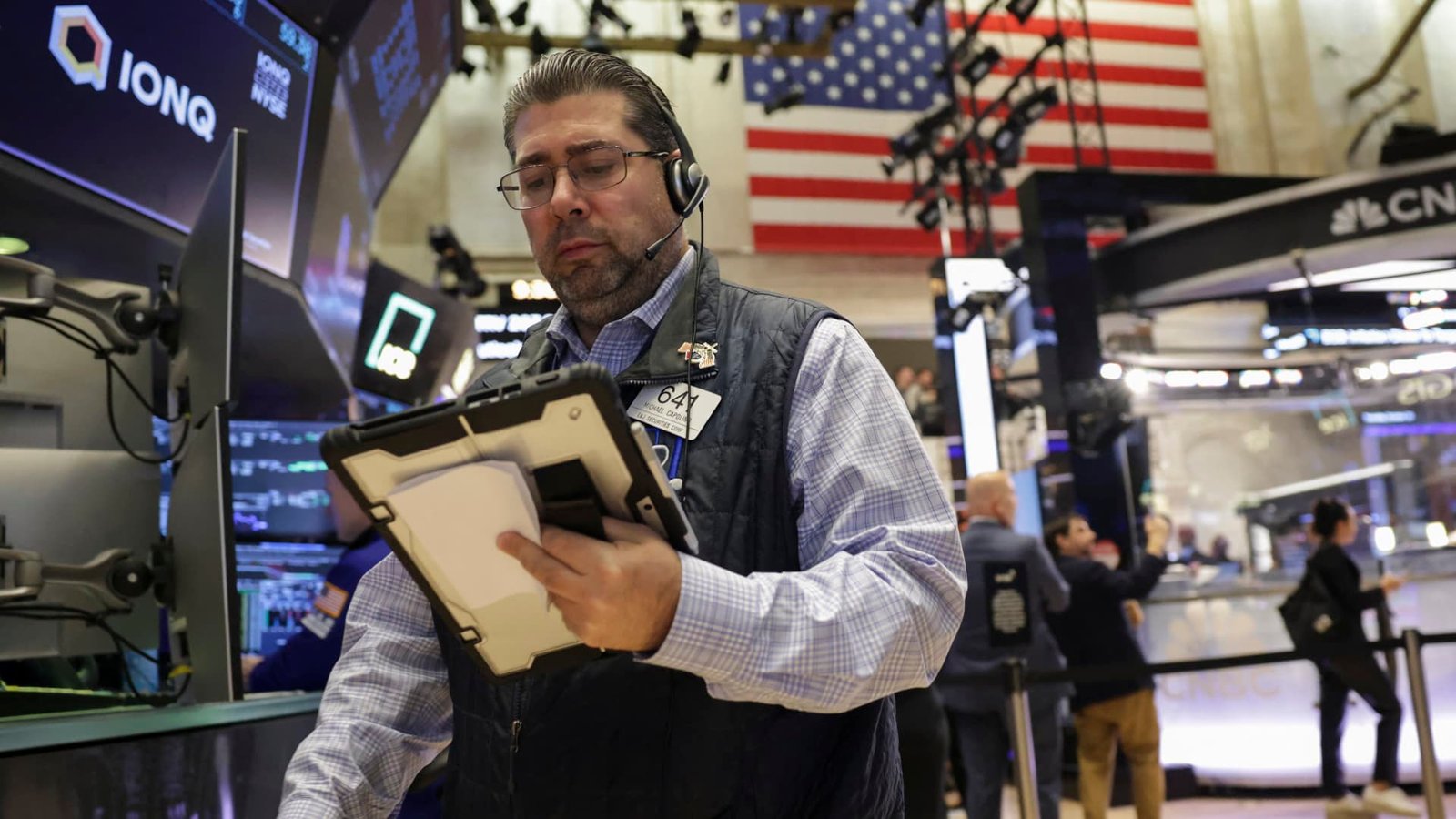Mark Zuckerberg, chief executive officer of Meta Platforms Inc., during the Meta Connect event in Menlo Park, California, US, on Wednesday, Sept. 17, 2025.
David Paul Morris | Bloomberg | Getty Images
Tech’s internet giants have made it through earnings season, and they offered a consistent message to Wall Street: Artificial intelligence investments are only getting bigger.
Alphabet, Meta, Microsoft and Amazon each lifted their guidance for capital expenditures and now collectively expect that number to reach over $380 billion this year.
Microsoft’s forecast was for fiscal 2026, which ends in June.
The companies are racing to build out infrastructure for what they say is virtually limitless demand for AI services.
Meanwhile, a growing number of skeptics are voicing concerns that these historic spending levels are fueling a bubble, and they’re questioning whether there’s sufficient energy and resources to ever turn lofty AI promises into reality.
As big as the spending projections were this week, they look pedestrian when compared to OpenAI, which has announced roughly $1 trillion worth of infrastructure deals of late with partners including Nvidia, Oracle and Broadcom.
Investor reactions to the megacap reports were mixed.
Amazon saw its stock soar after the company beat on earnings and revenue, and said capex this year will be about $125 billion, up from a prior forecast of $118 billion.
“We’ll continue to make significant investments, especially in AI,” finance chief Brian Olsavsky said on the earnings call, adding that the number will grow in 2026. “We believe it to be a massive opportunity with the potential for strong returns on invested capital over the long term.”

Investors also cheered Alphabet, which reported an earnings beat and boosted its capex forecast for this year to between $91 billion and $93 billion from a prior range of $75 billion to $85 billion. The stock rose 2.5% on Thursday.
But Microsoft shares fell about 3% even though the software company’s results exceeded estimates.
CFO Amy Hood said on the earnings call that capex growth would accelerate in fiscal 2026, which started in July, after the company had previously said growth would slow. Capex rose 45% to $64.55 billion last fiscal year, suggesting a minimum of about $94 billion in 2026. That number is significantly higher when including leases.
Meta’s stock was hit harder, plummeting 11% on Thursday, its steepest drop in three years, despite an across-the-board beat. The company narrowed its capex guidance to between $70 billion and $72 billion, from a prior range of $66 billion to $72 billion.
‘Unknown revenue opportunity’
Unlike Amazon, Microsoft and Google, Meta doesn’t have a cloud service and lacks a clear revenue story that’s tied to its AI investments.
Meta says its benefits from AI come elsewhere, namely improved performance in its core digital ads business from better targeting.
Still, analysts at Oppenheimer downgraded the stock to the equivalent of a hold from buy, citing an “unknown revenue opportunity” in what the company is calling superintelligence, and said investors will struggle with “aggressive revenue growth offset by high spending.”
Google, by contrast, has “predictable earnings,” the analysts wrote.
Meta CEO Mark Zuckerberg announced in June the creation of the company’s Superintelligence Labs, and said it would be led by some of his company’s costly high-profile hires, including Scale AI ex-CEO Alexandr Wang and former GitHub CEO Nat Friedman.
The lab would house the company’s various teams working on foundation models, Zuckerberg wrote in a memo at the time.
“I’m optimistic that this new influx of talent and parallel approach to model development will set us up to deliver on the promise of personal superintelligence for everyone,” Zuckerberg wrote.
But the Oppenheimer analysts said it’s an approach that “mirrors” the company’s metaverse spending in 2021 and 2022, when Zuckerberg was declaring that platform to be the future of computing.
Meta is still burning billions of dollars a quarter on its investments in augmented reality. The company said in its earnings report that its Reality Labs unit lost $4.4 billion in the quarter on $470 million in revenue.
‘No end in sight’
Microsoft CEO Satya Nadella speaks at Microsoft Build AI Day in Jakarta, Indonesia, on April 30, 2024.
Adek Berry | AFP | Getty Images
For the other hyperscalers, investments in AI largely tie into their cloud infrastructure businesses, even as they’re using AI companywide.
Within cloud computing, Amazon Web Services is still bigger than Microsoft Azure or Google Cloud, but it’s growing more slowly than its rivals.
AWS reported revenue growth in the third quarter of 20% to $33 billion. Microsoft said Azure revenue increased by 40%, while Google’s cloud sales rose 34% to $15.15 billion.
Analysts at Cantor said that clouds with “expansive service stacks like Microsoft” are in a position to benefit from this “heightened phase of AI infrastructure build out.”
They recommend buying the stock, but see reasons to be worried about the spending forecast. The analysts said that total capex, which includes capital leases, is poised to reach $140 billion this year, up 58% from a year earlier and triple the figure from 2024.
That number “is reflective of strong demand on the positive side, but remains a concern as there appears no end in sight,” the analysts wrote.












